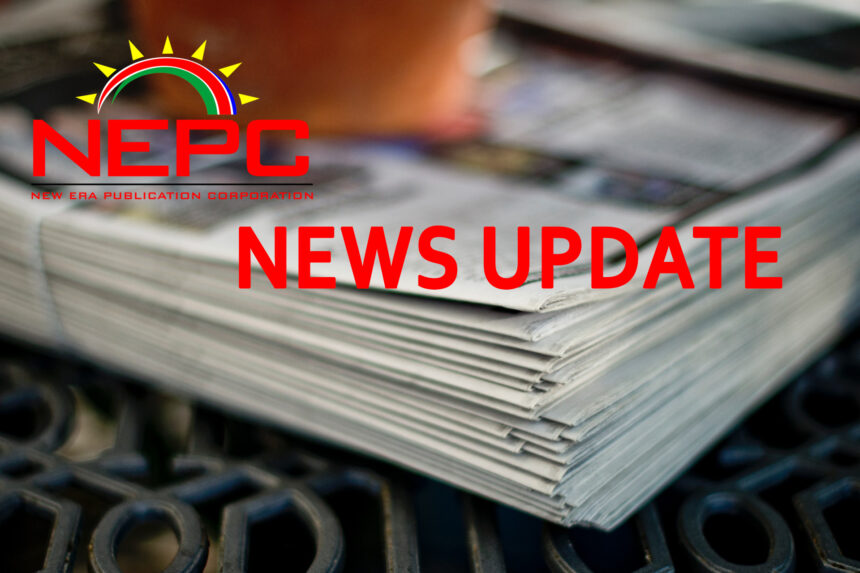Deputy information and communication minister Emma Theofelus on Tuesday launched the Namibia National Assessment on Internet Universality Indicators.
The assessment framework was developed by the United Nations Educational, Scientific, and Cultural Organisation (Unesco) and has been adopted by member states as an assessment tool for internet development at multiple levels.
“Namibia has embraced this opportunity to allow this voluntary assessment that will provide us with evidence as to where we are in our policy and development of our internet systems, particularly considering the human rights aspects, openness, accessibility, and the role and governance of multiple stakeholders,” Theofelus said in her remarks at the launch.
She further said the framework recognises gender, disability, youth, and artificial intelligence as diverse intersectional issues that ought to be paid attention to in the selection, utilisation, and practice of technology.
The deputy minister added that ICT remains a key catalyst for development and is consequently reflected across various indicators and performance areas.
She noted that only 51% of Namibians have access to the internet, and that the MICT, along with other partners, is rolling out a national digital literacy programme aimed at empowering those without internet access with some digital skills.
– Nampa


